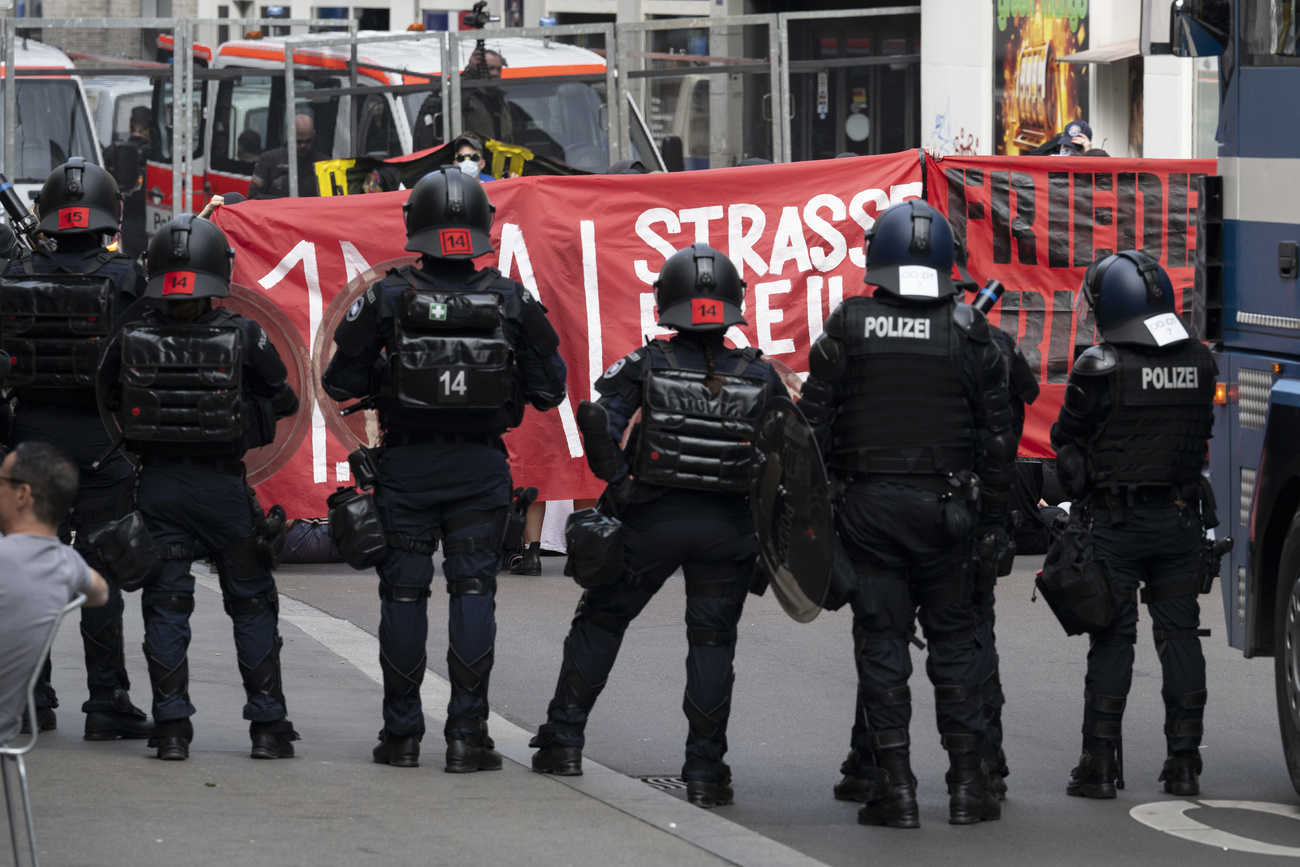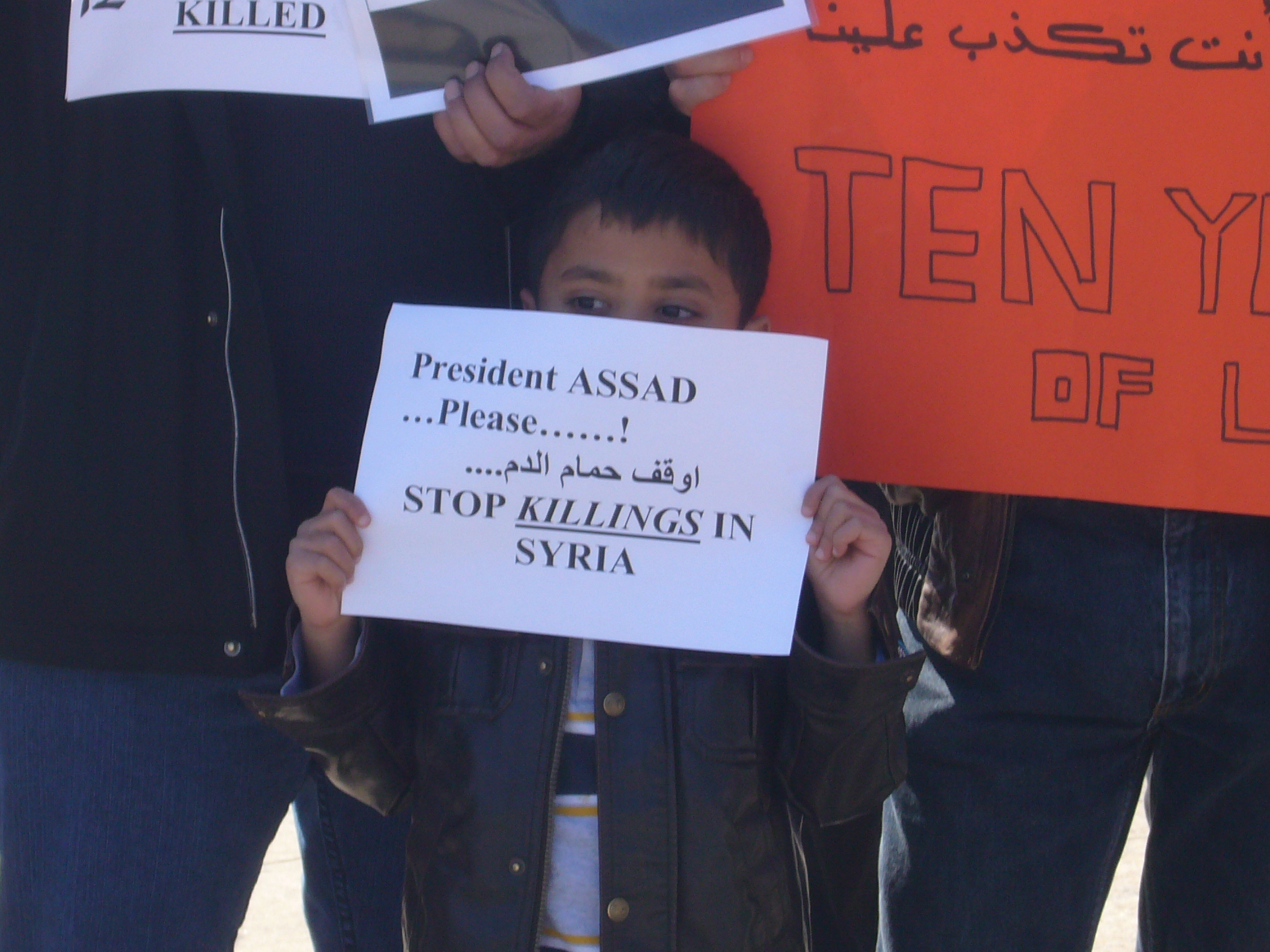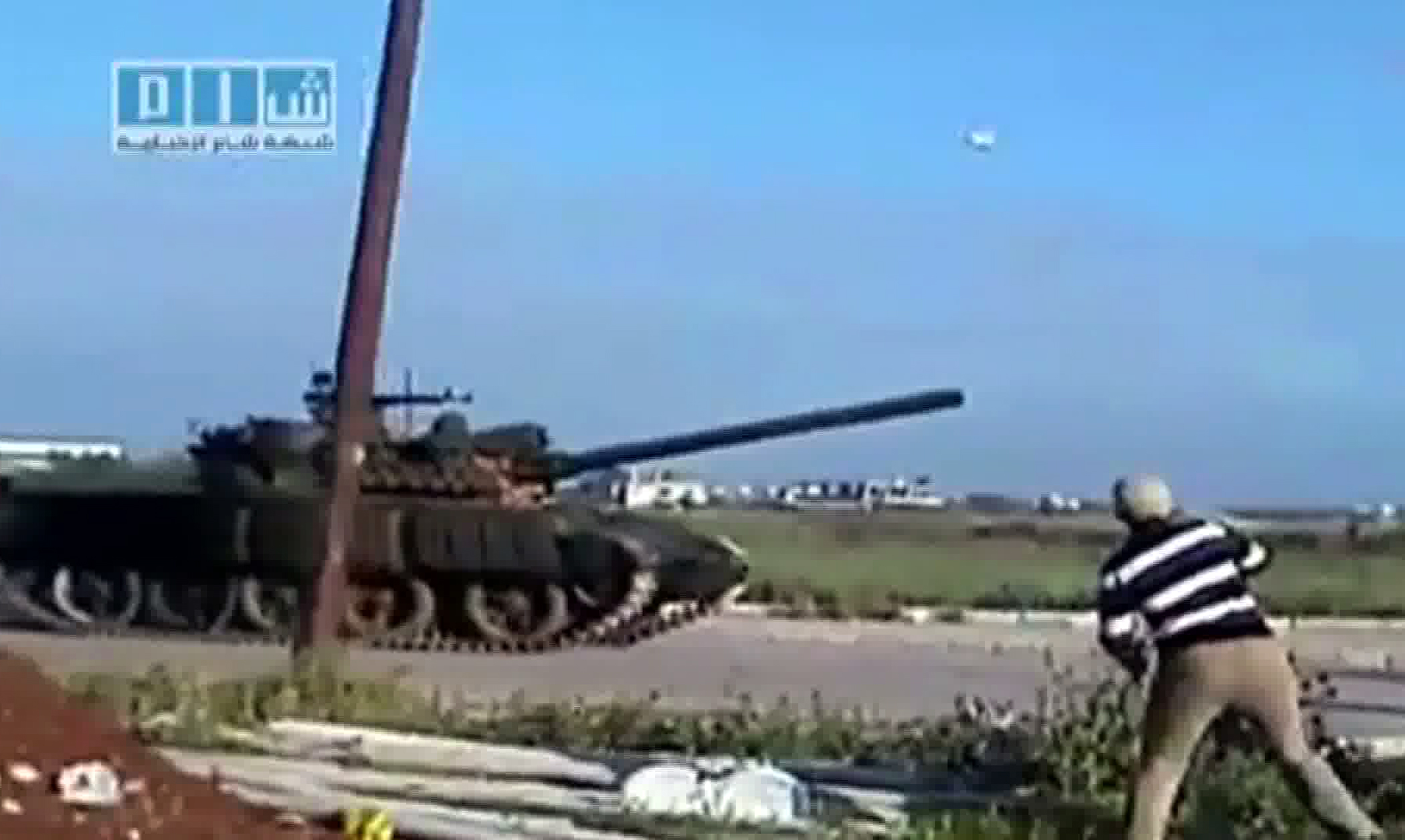ICRC appeals to Syria for access to victims

The president of the Geneva-based International Committee of the Red Cross (ICRC) has demanded “immediate access” to parts of Syria hit by violence.
Meanwhile, the Syrian army has begun a military operation to restore security in the town of Jisr al-Shughour near the Turkish border, state television said on Friday, as the country braced for more pro-democracy demonstrations.
ICRC President Jakob Kellenberger appealed to Syrian security forces and protesters to respect human life and treat those arrested in line with international law.
“Despite repeated requests to the Syrian authorities, we have not been granted meaningful access to those in need. We are determined to assist people who are having to cope with the violence,” the former senior Swiss diplomat said in a statement.
He said he was prepared to travel to Damascus in person to meet the authorities.
The ICRC, which has six expatriate and 20 local staff based in Syria, has made limited visits to the towns of Daraa, Tartous and Homs together with members of the Syrian Red Crescent in the past month, explained ICRC spokesman Hicham Hassan.
“But they were so short that we were not able to really know what was going on or the real magnitude of the problems,” he told swissinfo.ch.
Having no figures on the humanitarian situation was a “big obstacle”, he added.
Bloody crackdown
Human rights groups say more than 1,300 people, most of them unarmed civilians, have died in a crackdown on an 11-week uprising against President Bashar Assad, whose family has ruled Syria for more than 40 years.
A government spokeswoman countered that 500 people in the security forces had died in the revolt.
The United Nations High Commissioner for Refugees (UNHCR) says about 3,000 Syrian refugees have crossed into Turkey since the uprising began in Jisr al-Shughour and are staying in two government camps run by the Turkish Red Crescent with another planned.
Turkey has said it will keep the southern border open and has a contingency plan for dealing with any additional influx.
“We’ve heard from some who’ve entered Turkey that others are waiting near the border ready to cross over if necessary,” UNHCR spokeswoman Sybella Wilkes told swissinfo.ch.
Desertion and mayhem
Fleeing refugees described a week of revolt and mayhem in the town that was, until Saturday, home to 41,000 people, saying Syrian police had turned their guns on each other and soldiers had shed their uniforms rather than obey orders to fire on protesters.
“There was a desertion,” 39-year-old Abu Majid told The Guardian newspaper. He fled the besieged town with his wife and children.
“I saw it with my own eyes. There were a large number of strangers in town on Saturday. I don’t know who they were, they were big men, many of them bearded and most in civilian clothes. They started shooting at the people and some of the security forces tried to join us. They were killed – there were many of them killed.”
Wilkes said some refugees claimed to have had nothing to do with the demonstrations and were very scared by the potential violence while others who had protested were worried about their safety.
Syrian state television said Friday’s military operation aims to restore security in the town, where authorities say 120 officers and security personnel were killed by “armed groups” last week.
International criticism
The international community has become increasingly critical of Assad as the unrest shows no signs of abating and the death toll grows.
Britain, France, Germany and Portugal, supported by the United States, have asked the UN Security Council to condemn Assad although veto-wielding Russia has said it would oppose such a move.
The US, the European Union, Switzerland and Australia have all imposed sanctions on Syria.
On Friday US Defence Secretary Robert Gates echoed previous comments by Secretary of State Hillary Clinton that Assad’s legitimacy as a ruler was open to question after the killing of protesters by security forces.
“Whether Assad still has the legitimacy to govern his own country, I think is a question everyone needs to consider,” he said.
“Savagery”
The top United Nations human rights official, Navi Pillay, urged Syria on Thursday to halt its “assault on its own people”. She said more than 1,100 people may have been killed and up to 10,000 detained since March.
Turkish Prime Minister Recep Tayyip Erdogan, who had close ties to Assad, described the crackdown in Syria as “savagery” and accused the Syrian president of taking the situation in Syria “too lightly”.
Interviewed on Turkey’s ATV television late Thursday, he said some images coming out of Syria were “unpalatable” and suggested Turkey could support a UN Security Council decision against Syria.
Reports about the uprising are extremely difficult to independently verify as Syria tightly controls local media and has expelled foreign reporters.
Syria has a population of 22.5 million, half of whom live in urban areas; 52% are under 25.
The bulk of the population are Arab (89%); other ethnic groups include Kurds, Armenians, Assyrians, Circassians and Turcoman.
Along with the native population, it has several hundred thousand Palestinian and Iraqi refugees.
Sunni Muslims form the largest religious community (72%); there are also Shiite Muslims, and several Muslim sects, including Alawites (to which the Assad family belongs) and Ismailis. Christians are estimated at about 10% of the population, divided between a range of Eastern Orthodox and Catholic churches, with a small number of Protestants. There is also a small number of Yazidis, a secretive sect whose main base is in Iraq.
Modern Syria gained its independence from France in 1946 but has lived through periods of political instability driven by the conflicting interests of these various groups.
Switzerland imposed sanctions against Syria, including a freeze on any assets held in Swiss banks by members of the Syrian regime from May 25.
The individuals listed, which include President Bashar al-Assad, are also subject to a travel ban.
The moves brought Switzerland into line with European Union sanctions.
It came in reaction to violent repression meted out by the army and security services of Syria against peaceful civilian demonstrators.
Anyone with information on relevant Syrian assets in Switzerland is required to inform the State Secretariat for Economic Affairs (Seco) without delay, the statement added.

In compliance with the JTI standards
More: SWI swissinfo.ch certified by the Journalism Trust Initiative













You can find an overview of ongoing debates with our journalists here . Please join us!
If you want to start a conversation about a topic raised in this article or want to report factual errors, email us at english@swissinfo.ch.